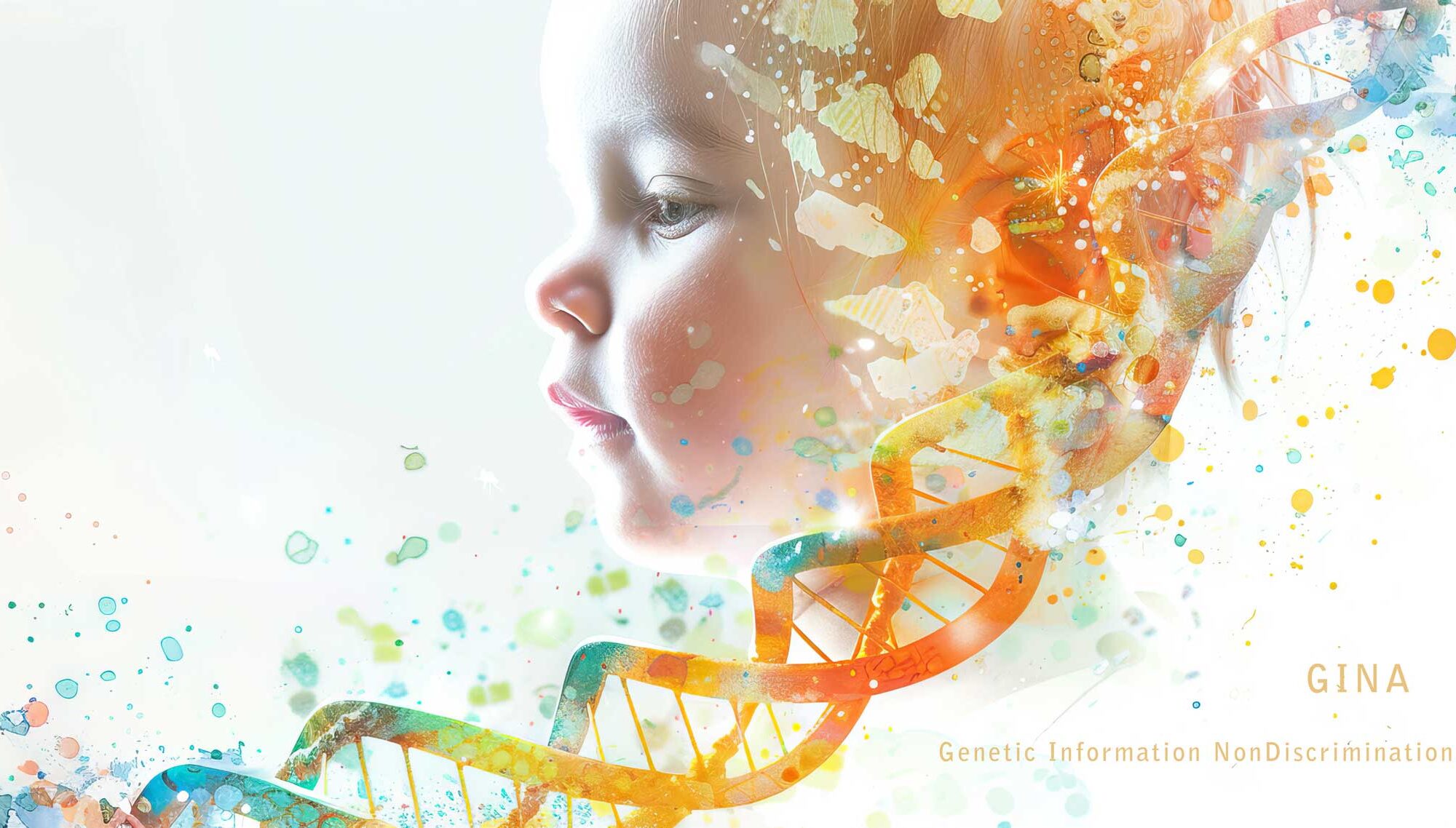Established in 2008, GINA is a groundbreaking federal law in the United States aimed at preventing genetic discrimination in healthcare and employment. This critical legislation makes it illegal for health insurers and employers to discriminate based on genetic information, addressing rising concerns related to advances in genetic testing and the potential misuse of genetic data. Recent legal cases illustrate the enforcement of these protections, but first, let’s discuss why the law was necessary.
History of Genetic Discrimination
The path toward non-discrimination based on genetic information traces back to the early 20th century. The emerging field of genetics once underpinned state laws that mandated the sterilization of individuals deemed to have genetic “defects.” Traits such as mental illness, epilepsy, and even visual and auditory impairments were targeted. Indiana was the first to enact such a law in 1907, and by 1981, many states had followed suit, seeking to “correct” what they perceived as genetic flaws.
National Sickle Cell Anemia Control Act
Genetic information extends beyond physical attributes and defects; it can also lead to social discrimination, particularly when certain conditions are linked to specific racial and ethnic groups. A prominent example occurred in the 1970s with the implementation of genetic screening programs for sickle cell anemia, primarily affecting African Americans. As states made these screenings mandatory for this population, fear and discrimination surged. Fortunately, Congress intervened in 1972 by passing the National Sickle Cell Anemia Control Act, which prohibited mandatory screenings and helped diminish some of the stigma associated with the condition.
Pre-Employment Genetic Screening
However, genetic discrimination did not cease there. In the late 20th century, Congress uncovered instances of workplace genetic discrimination, notably at Lawrence Berkeley Laboratory, where pre-employment genetic screenings were conducted. Following a court ruling in favor of the employees (Norman-Bloodsaw v. Lawrence Berkeley Laboratory), it became clear to Congress that there was a compelling public interest in preventing such discrimination.
This realization led to the establishment of federal laws addressing genetic discrimination in health insurance and employment—a significant step towards protecting individuals from genetic biases. Nonetheless, these laws were not comprehensive, as state laws varied widely in their approaches and levels of protection. Recognizing these inconsistencies and the concerns they raised among the public and the medical community, Congress deemed it essential to introduce federal legislation that would set a national, uniform standard. This initiative aimed to fully protect the public from genetic discrimination and promote the beneficial use of genetic testing, technologies, and research without fear.
Genetic Information Nondiscrimination Act (GINA)
Specifically, GINA prohibits insurers from denying coverage or imposing higher premiums solely based on an individual’s genetic predisposition to certain diseases. It also forbids employers from using genetic information in hiring, firing, or promotion decisions. By enforcing these protections, GINA plays a vital role in safeguarding individuals’ rights to privacy, ensuring that their genetic data does not adversely affect their professional lives. By creating an environment where individuals can pursue genetic testing without fear of repercussions, GINA fosters greater awareness and proactive management of personal health.
The enforcement of the Genetic Information Nondiscrimination Act (GINA) is becoming increasingly evident.
GINA Enforcement
- EEOC Ruling: On June 8, 2016, a federal judge determined that Grisham Farm Products, Inc., located in Mountain Grove, Missouri, violated federal laws by mandating that all job applicants submit a health history prior to consideration for employment. Phillip Sullivan, a retired law enforcement officer, was informed that he would not be eligible for any positions unless he completed a three-page health history form. As a result, the farm was ordered to pay Sullivan $10,000 in damages.
- ResourceOne Settlement: On August 14, 2024, ResourceOne, a commercial printing, direct mailing, and marketing company based in Tulsa, agreed to settle a harassment lawsuit by paying $47,500 and offering additional relief. The lawsuit alleged racial and national origin discrimination after a supervisor reportedly harassed an employee with derogatory slurs following the disclosure of her DNA ancestry results.
- AbbVie Lawsuit: A lawsuit against AbbVie alleges that during a physical examination at the company’s facility, a medical provider required the plaintiff to disclose, both verbally and in writing, whether any diseases or disorders with a genetic predisposition were present in his parents, including cardiac conditions, cancer, and diabetes.
- United Airlines Class Action: In a class action lawsuit, three plaintiffs—two from Illinois and one from Maryland—asserted that as part of United Airlines’ application process, they were compelled to undergo physical examinations during which they were questioned about their family medical history, including conditions such as high blood pressure, cancer, diabetes, and heart disease. They contended that providing this information was a prerequisite for their employment.
- Country Club Retirement Center: Operators of assisted living and skilled nursing facilities violated federal laws when they discriminated and retaliated against a former nursing aide, a disabled veteran, and required her to disclose information about her family genetic history.
If you believe you have been required to provide a medical history or that your genetic information has been used to discriminate against you, it is prudent to consult with an experienced employment discrimination attorney.

